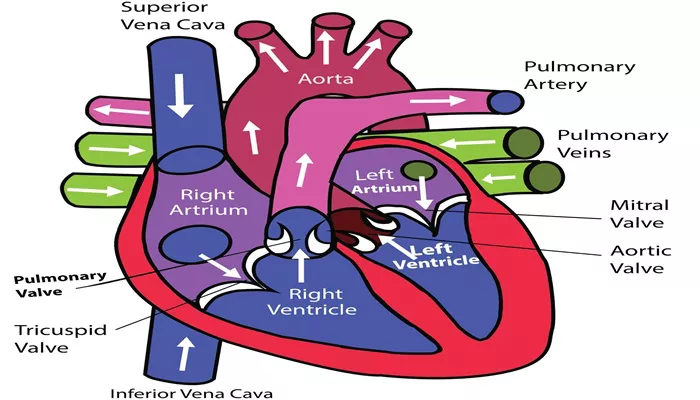As the global population ages, the incidence of heart failure is increasing rapidly. A key factor in the progression of heart failure is the excessive growth of fibrotic tissue in the heart, known as fibrosis.
Researchers from the Nagoya University Graduate School of Medicine in Japan have discovered an enzyme called protein kinase N (PKN) that plays a significant role in regulating heart fibrosis. This enzyme facilitates the conversion of heart fibroblasts into myofibroblasts, which can compromise the heart’s structural integrity.
In their study, the researchers found that eliminating PKN led to reduced cardiac dysfunction, suggesting that anti-PKN treatments could be a promising new approach to protect patients from heart failure. The findings were published in the journal Nature Communications.
Fibroblasts are small cells in the heart that help maintain its structure.
After an injury, these cells can transform into myofibroblasts, which contribute to wound healing by producing fibrous connective tissues like collagen and elastin. However, in patients with heart failure, myofibroblasts can lead to an excessive accumulation of tissue, resulting in the stiffening of the heart and impaired function—a condition known as fibrosis. This process compromises the heart’s structural integrity and increases the risk of heart attacks.
The researchers, led by Drs. Satoya Yoshida, Mikito Takefuji, and Toyoaki Murohara, suspected that PKN was involved in the activation of heart fibroblasts. They collaborated with colleagues at the Max Planck Institute to investigate its role.
There are three forms of PKN in mammalian cells: PKN1, PKN2, and PKN3. Using RNA sequencing data, the team identified PKN1 and PKN2 in heart fibroblasts. They conducted experiments using mice genetically modified to lack PKN1 and PKN2.
The results showed that while heart function remained stable, there was a significant reduction in the expression of actin and collagen in models of myocardial infarction and heart failure. These proteins are crucial for the tissue buildup associated with fibrosis. Additionally, the researchers observed that mice with suppressed PKN1 and PKN2 did not experience the conversion of fibroblasts into myofibroblasts.
“Although our study was conducted in a mouse model, PKN expression has been demonstrated in human heart fibroblasts, so we expect similar results in human trials,” Dr. Yoshida stated. “In fact, almost all heart diseases are closely related to heart fibrosis. I believe our findings can improve the prognosis of many heart diseases, particularly heart failure.”
Currently, there are no treatments targeting PKN. However, the research team hopes their findings will pave the way for the development of PKN inhibitors, offering a new treatment option for patients at risk of heart failure.


